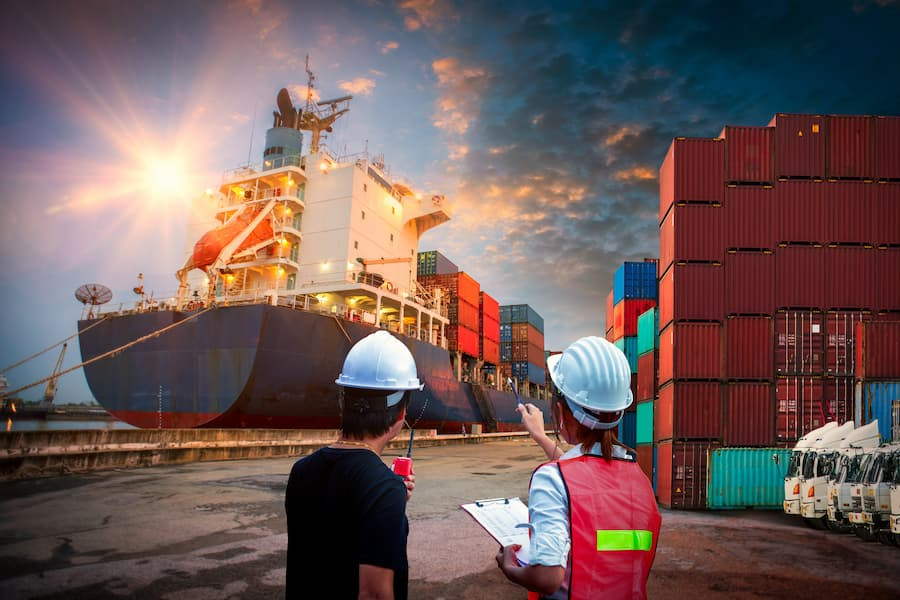We litigate and pursue Longshore and Harbor Workers’ Compensation Act (U.S. Longshore Harbor Workers’ Compensation Act) reimbursement and subrogation claims under § 933(h) for injuries on or near navigable waters, shore-side operations, and maritime operations. The Longshore and Harbor Worker’s Compensation Act (LHWCA), is a federal act first passed in 1927 which provides employee benefits similar to state workers’ compensation acts to an employee engaged in maritime employment if any injury or death occurs upon navigable waters of the U.S., including any adjoining pier, wharf, dry dock, terminal, building way, marine railway, or other adjoining area customarily used by an employer in loading, unloading, repairing, dismantling or building a vessel.
State workers’ compensation programs do not cover these types of employees and jurisdiction for LHWCA claims falls under the U.S. Department of Labor. This requires subrogation counsel to be intimately familiar with an entirely different body of law and a more generous benefits schedule, more compressed reporting schedules, and stiffer penalties and fines for noncompliance than state programs do. To qualify for LHWCA coverage, the claimant must be a maritime employee as defined under the LHWCA (status requirement) and the injury must occur at a location under the jurisdiction of the LHWCA (situs requirement).
The Longshore Act itself does not even reference subrogation; so subrogation counsel has to be familiar with the nuances of case law interpreting it. MWL has litigated LHWCA subrogation issues in multiple states which have resulted in recorded decisions as high as the 5th Circuit Court of Appeals. Maritime lawyers are not used to aggressive subrogation representation and MWL has found that this translates into better recovery opportunities for our clients.


